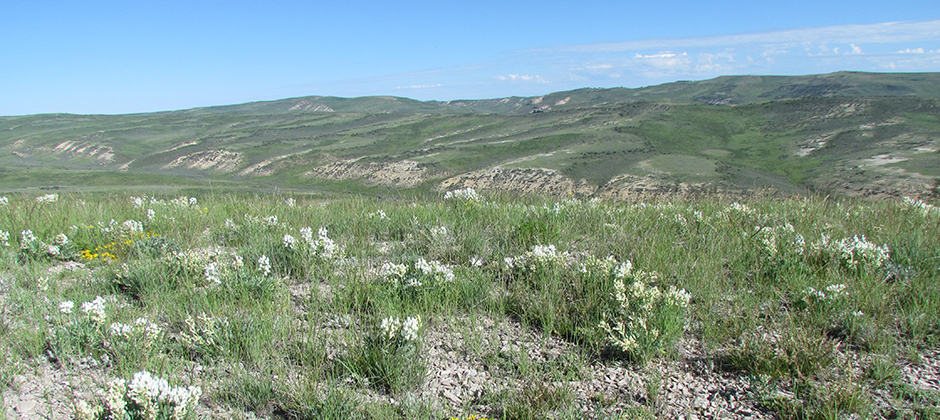Share this article
When learning ends and action begins
When should biologists stop their research and take action to conserve habitats for threatened or endangered species? Researchers recently tackled this question by creating a new model that calculates how long scientists should spend improving their knowledge of a species before taking action. Testing their method on the threatened koala (Phascolarctos cinereus) and northern abalone (Haliotis kamtschatkana), a sea snail, they determined that that when threats are high, researchers should spend less time learning. But when there’s less habitat loss, scientists can spend more time learning. “Delaying habitat protection to improve our knowledge may sometimes be beneficial, but it is often better to protect habitats immediately rather than wait for more information when rates of habitat loss are high,” said Abbey Camaclang, a research associate at the University of Queensland and lead author of the study.
Header Image: Unfragmented landscapes are important for sage-grouse in the sagebrush ecosystem. Researchers came up with a model to help researchers determine when to stop learning about wildlife and their habitat and begin conserving them. Credit: Dave Kimble/USFWS








